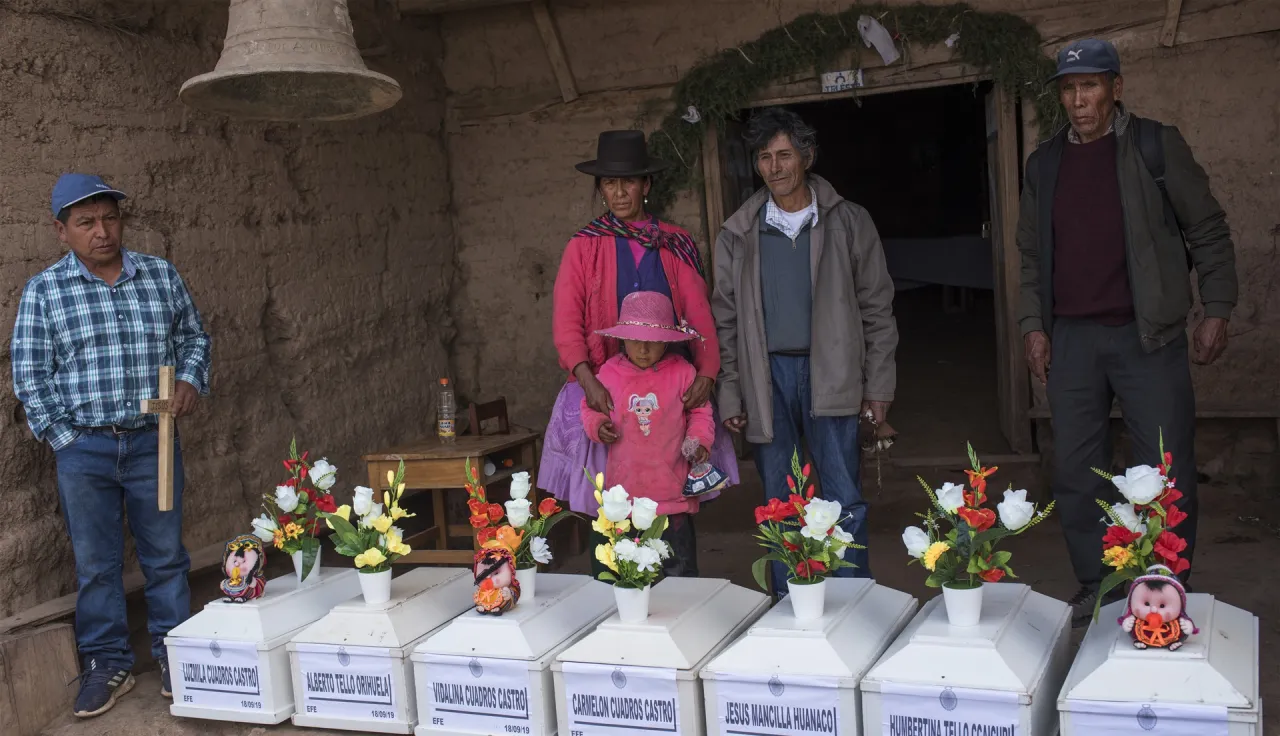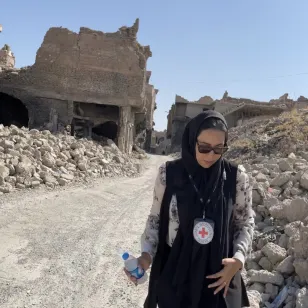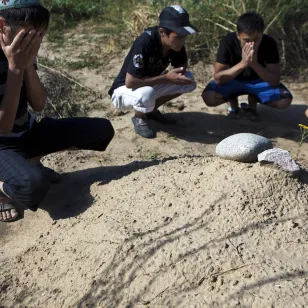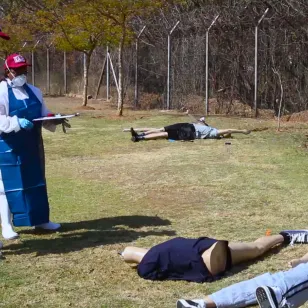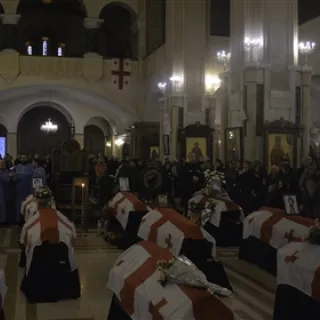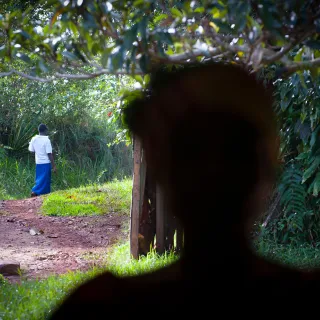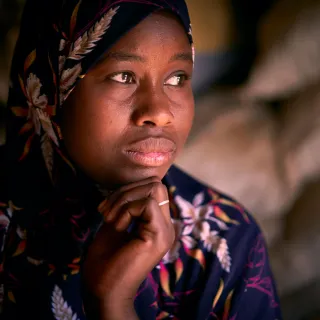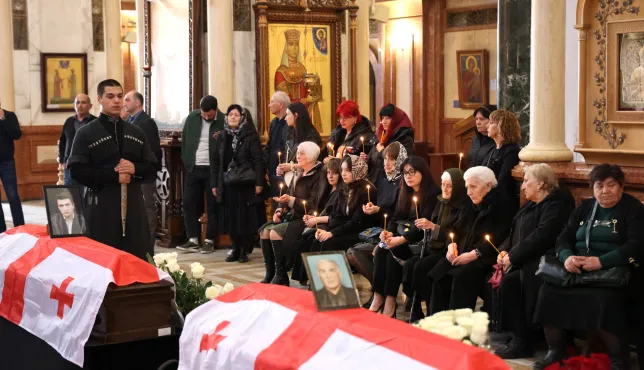The principles that guide our work
As a result of armed conflict, other situations of violence and natural disasters, people can get separated from their families, go missing or die. They may also become victims of ill-treatment and sexual violence, especially in the context of detention, displacement and migration. Medicolegal systems and forensic institutions play an essential role in addressing these issues of humanitarian concern. Humanitarian forensic action is the application of forensic science and investigative principles to humanitarian work.
The International Committee of the Red Cross (ICRC) is the only organization to use forensic science for exclusively humanitarian purposes.
Treating the dead with respect
When people die in these circumstances, their bodies must be handled respectfully, and the remains of unknown individuals must be identified. Clarifying the fate and whereabouts of missing people requires that the search and identification processes adhere to important forensic principles and standards. These not only ensure that the humanity of the deceased is respected and prevent them from going missing, but also bring answers to loved ones who endure unimaginable emotional pain.
Strengthening the local response
Medicolegal systems and forensic institutions play an essential role in state responses to issues of humanitarian concern, such as searching for missing people, managing the dead and keeping families duly informed. We support countries’ medicolegal systems to develop policies and regulations, implement best forensic practices and improve skills and working conditions.

